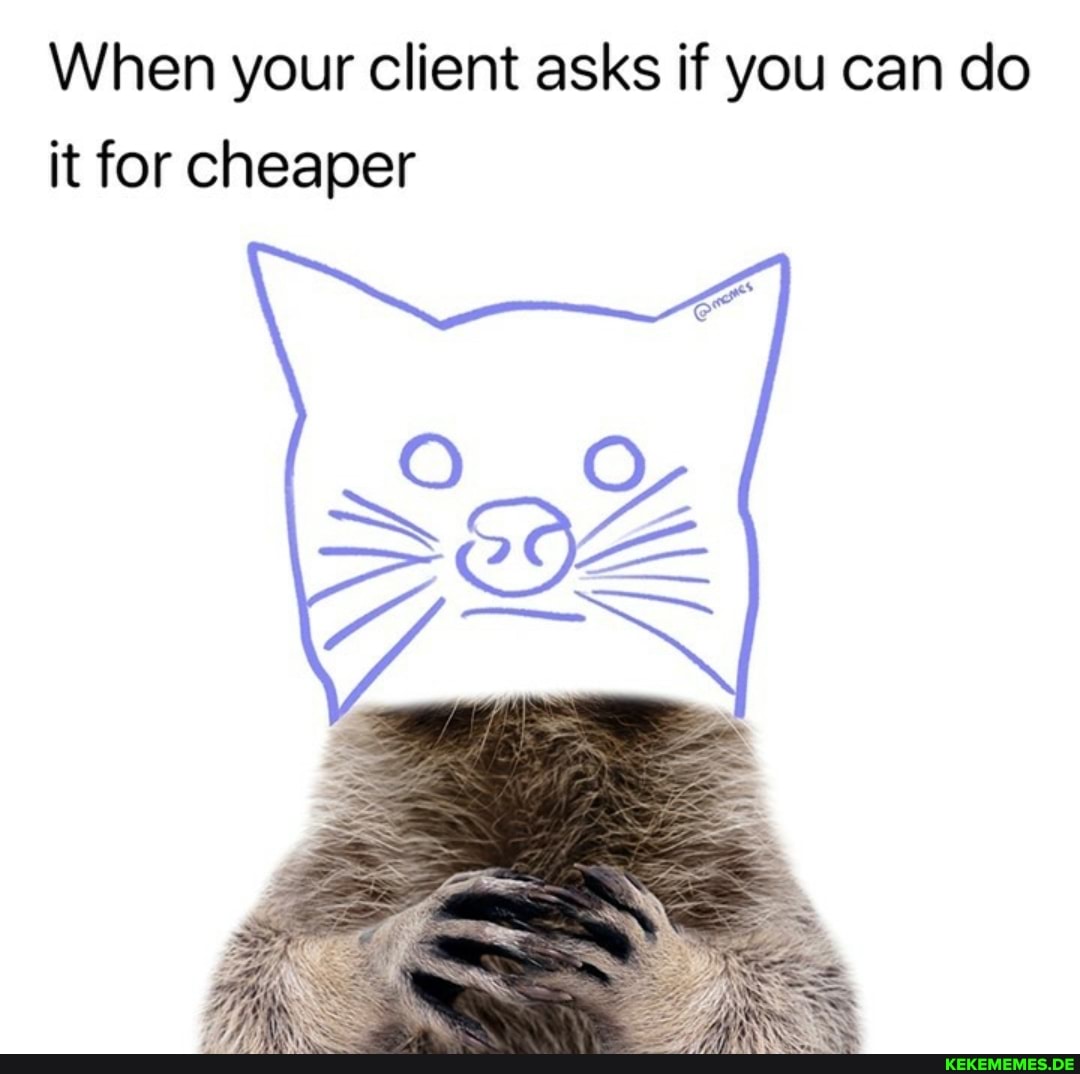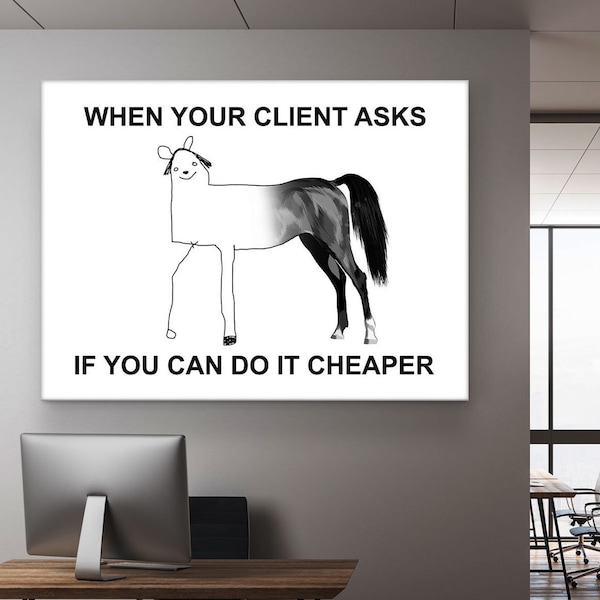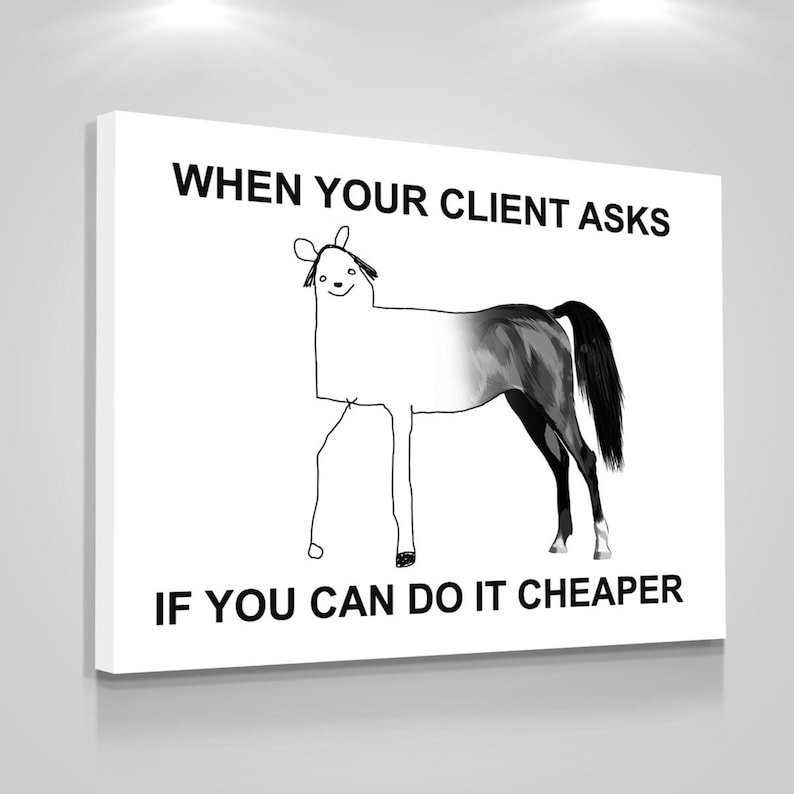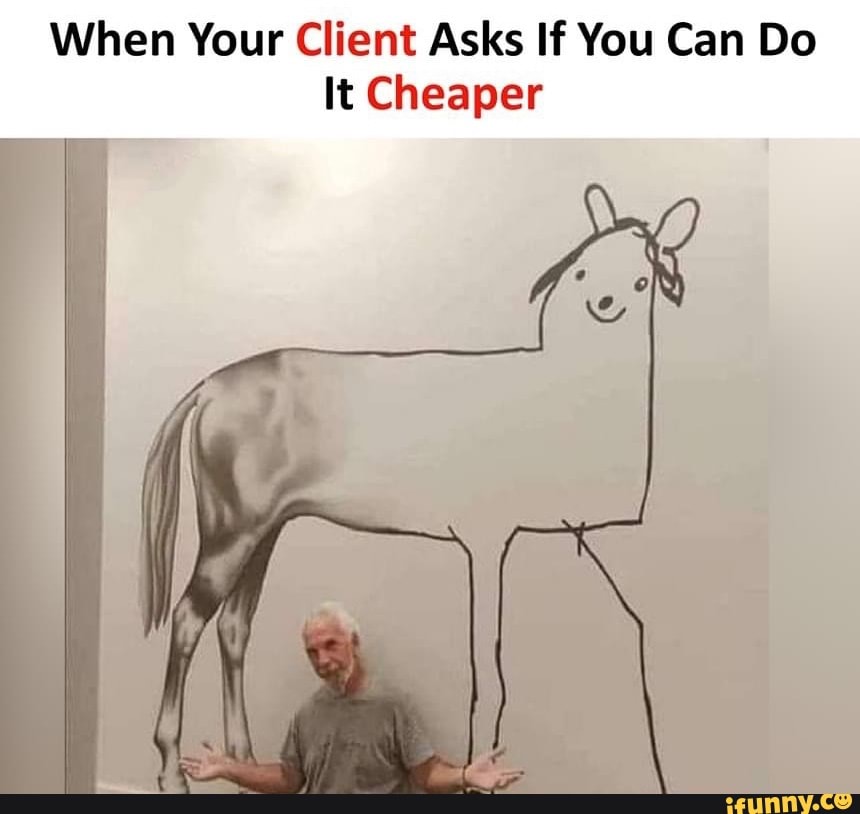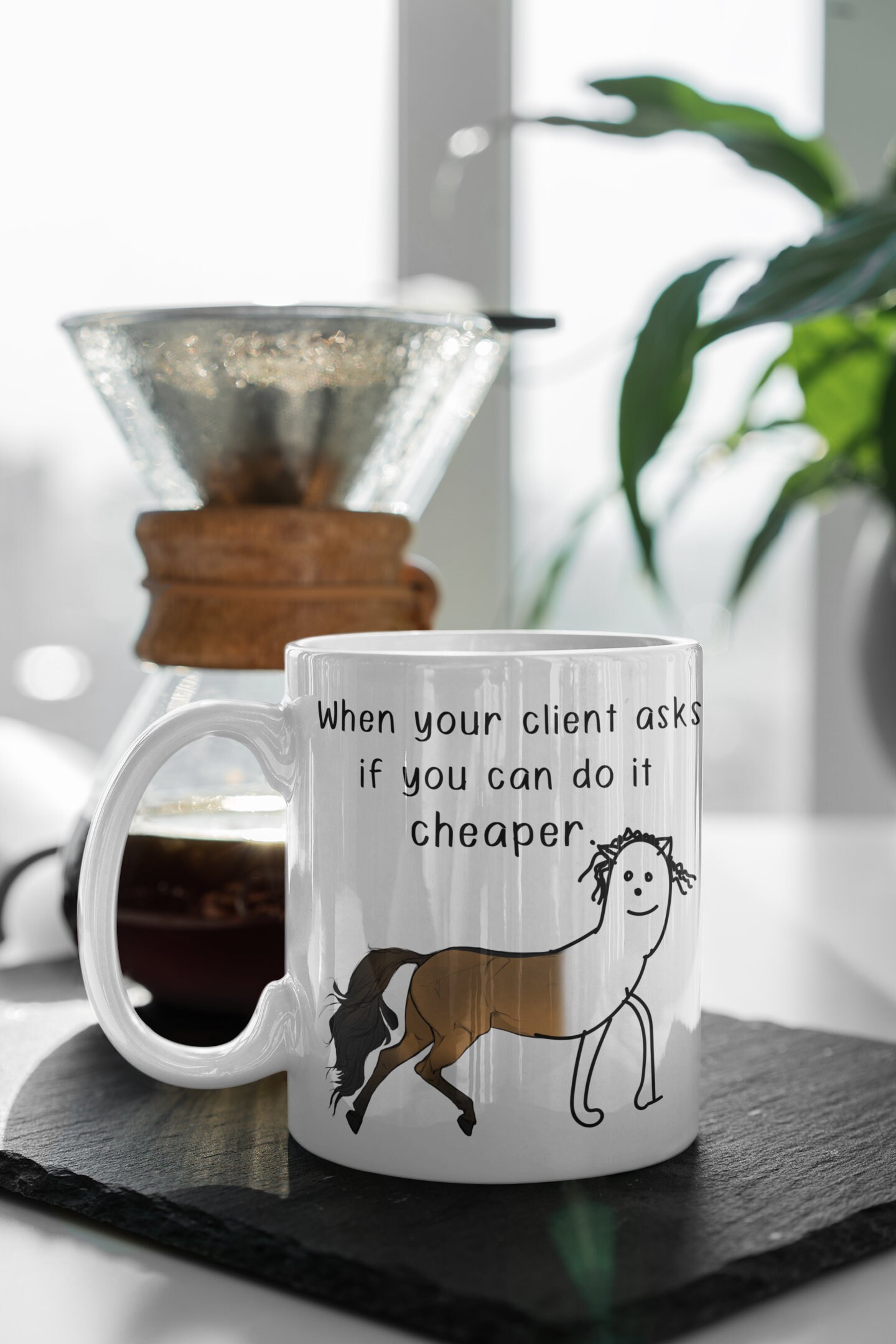When Your Client Asks If You Can Do It Cheaper

Businesses across sectors are facing increased pressure to lower prices as clients demand cheaper services. The request forces professionals to navigate a delicate balance between maintaining profitability and retaining valuable clients.
This article explores the complexities of responding to the question "Can you do it cheaper?", offering strategies and insights for professionals to navigate this challenging negotiation effectively and preserve their business's financial health. The core issue revolves around maintaining quality and value while addressing budgetary concerns.
Understanding the Client's Perspective
First, determine why the client is asking for a discount. Is it a genuine budget constraint, or are they testing the market to find the lowest bidder?
Understanding their motivation allows you to tailor your response effectively. According to a recent survey by Consulting.com, 60% of price negotiations stem from perceived value discrepancies rather than actual budget limitations.
Analyzing Your Own Costs
Before responding, conduct a thorough internal cost analysis. Identify areas where you might be able to streamline processes or reduce expenses without compromising quality.
Consider factors like project scope, resource allocation, and overhead costs. Remember, undercutting your value proposition can be detrimental in the long run.
Strategies for Responding
Emphasize Value, Not Just Price
Instead of immediately offering a discount, focus on the value you bring to the table. Highlight your experience, expertise, and the unique benefits of your service.
Quantify the return on investment (ROI) the client can expect. For example, demonstrate how your marketing services generated a 30% increase in leads for a similar client last quarter.
Offer Tiered Service Packages
Present the client with different service packages at varying price points. This gives them options and allows them to choose a solution that fits their budget without sacrificing essential features.
A "gold," "silver," and "bronze" approach provides a framework for scaling services and aligning costs with client needs. This allows the client to feel in control of the budget and perceived value.
Reduce the Scope, Not the Quality
If a discount is unavoidable, suggest reducing the scope of the project. This allows you to maintain your profit margins while still providing valuable services.
Eliminate non-essential deliverables or phases of the project. Ensure you clearly communicate the impact of these changes on the final outcome.
Negotiate Payment Terms
Explore alternative payment arrangements. Offer extended payment plans or performance-based incentives to accommodate the client's budget while mitigating your financial risk.
Consider milestone-based payments, where the client pays for deliverables upon completion. This provides financial security and incentivizes timely project completion.
When to Walk Away
It's crucial to recognize when a client is simply undervaluing your services. Don't be afraid to walk away from a project that threatens your profitability or reputation.
A Harvard Business Review study found that businesses that consistently chase the lowest price often experience lower client satisfaction and increased employee turnover. Know your worth and stick to your pricing standards.
The Importance of Clear Communication
Throughout the negotiation process, maintain open and transparent communication with the client. Clearly explain your pricing structure and the value you provide.
Address their concerns directly and honestly. Building trust and rapport can go a long way in resolving price disputes amicably.
Legal Considerations
Ensure any agreed-upon changes to the scope of work or payment terms are documented in writing. Update your contract to reflect the revised agreement.
Consult with legal counsel to ensure compliance with all applicable laws and regulations. This will prevent future legal disputes and protect your business interests.
"Price is what you pay. Value is what you get." - Warren Buffett
Looking Ahead
The pressure to lower prices is unlikely to abate. Businesses must proactively develop strategies to navigate these challenges effectively.
Continuously evaluate your pricing models, streamline your processes, and focus on delivering exceptional value to your clients. This is the key to long-term success in a competitive market.
The next step for many businesses is to implement value-based pricing strategies, focusing on the benefits they offer rather than solely competing on cost, and to actively track the profitability of each client relationship.





